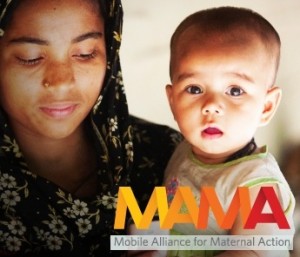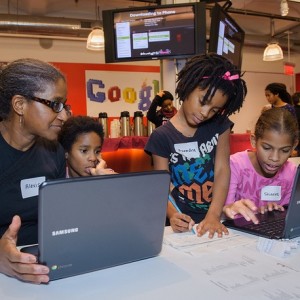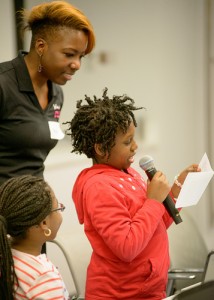 Asif Khan, from the UN Foundation (UNF), will be making an appearance at Seidenberg on March 27th to introduce the UNF and Mobile Alliance for Maternal Action (MAMA) to anyone interested in learning about the ways in which mobile apps can help solve age-old issues around the world.
Asif Khan, from the UN Foundation (UNF), will be making an appearance at Seidenberg on March 27th to introduce the UNF and Mobile Alliance for Maternal Action (MAMA) to anyone interested in learning about the ways in which mobile apps can help solve age-old issues around the world.
“The UNF links the UN’s work with others around the world, mobilizing the energy and expertise of business and non-governmental organizations to help the UN tackle issues including climate change, global health, peace and security, women’s empowerment, poverty eradication, energy access, and US-UN relations.”
Asif, who has been with the UNF since 2011, currently works with the Director of Global Partnerships, based in New York, on sustaining and building corporate and NGO partnerships for the UN Foundation. His previous role was as the Global Coordinator for MAMA, where he oversaw communication, coordination, finances and outreach for MAMA Global in Washington as well as MAMA’s three country programs in Bangladesh, South Africa and India.
Through the MAMA Global Learning program, a team creates tools and resources to strengthen new and existing mobile health programs that provide trusted information to mothers. MAMA has developed free, adaptable messages informed by experts in maternal, newborn, and child health. These evidence-based, culturally sensitive mobile messages are currently in use by 300 organizations in 70 countries around the world.
As MAMA is an innovator in mobile health, which is one of Seidenberg’s top initiatives, Asif will be demonstrating how his work with the alliance can involve you, the students (or whomever else may be interested), in the futures of your careers. The event will be on Thursday, April 3rd, 6pm, at 163 William St (Seidenberg HQ).








